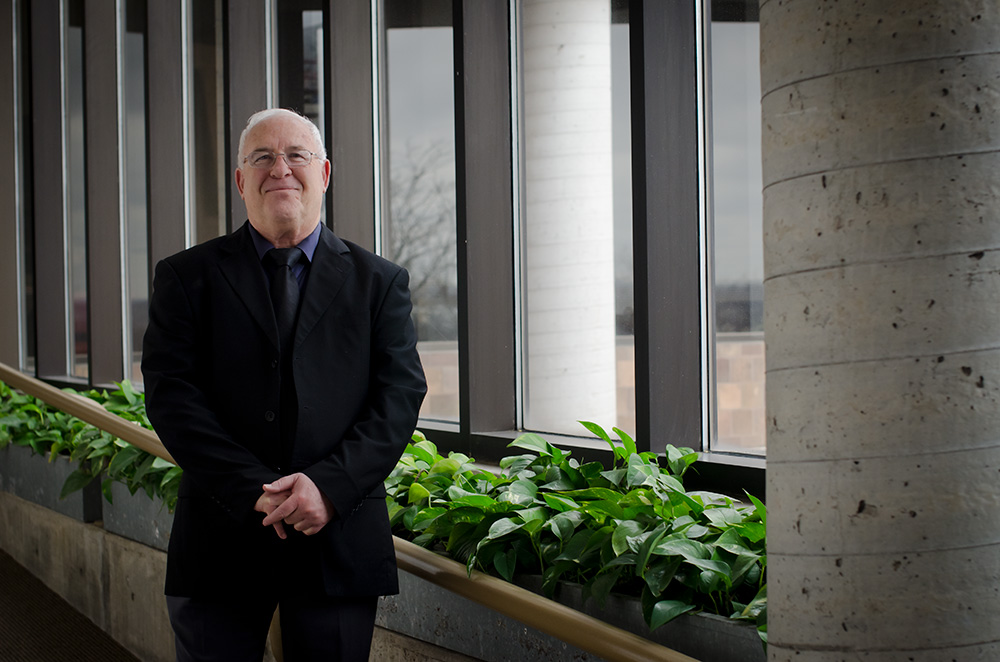Yoav Lavee can’t remember a time when he wasn’t keenly interested in people. Still, he says, it was almost an accident that he opted to study psychology and sociology as an undergraduate at Tel Aviv University in the late 1960s. Now an associate professor of social work and dean of students at the University of Haifa in Israel, Lavee focuses primarily on family stress, a subject he became interested in while doing his doctoral work in family social science at the University of Minnesota.
“I finished my master’s degree in psychology in Tel Aviv in 1976 and worked for about eight years as a family therapist, but I always had a feeling there was something missing in my knowledge of theory and research,” he explains. Friends told him that Minnesota had the best program for marriage and family studies, he says: “All the leaders of family stress research were here, so I came.” He completed his Ph.D. in 1985.
In April the College of Education and Human Development Alumni Society awarded Lavee the Distinguished International Alumni Award to recognize his influential research and writing on families and relationships. Over the years he has studied the stress process that couples experience when dealing with everyday challenges such as work and parenting, as well as the effects of major events such as a premature birth or the serious illness of a child.
“Some couples at peak times of stress are helpful and supportive of each other, and others just can’t bear each other,” he explains. “I work with couples to understand what it means when someone is stressed out and how that impacts their partner because misinterpreting each other’s reactions just leads to more stress.”
Lavee also studies how people from different cultures cope with stress. “There are not that many differences between Arabs and Jews when it comes to stress; everybody has the same stress for the most part,” Lavee notes.
He has found it interesting to watch how Arab families in Israel have been adopting more Westernized family patterns. “Education of women, the birth rate, who does what around the house—all of that has been changing and becoming less traditional for about 20 years, and couples have had to deal with that,” he says.
Story by Meleah Maynard | May 2011
